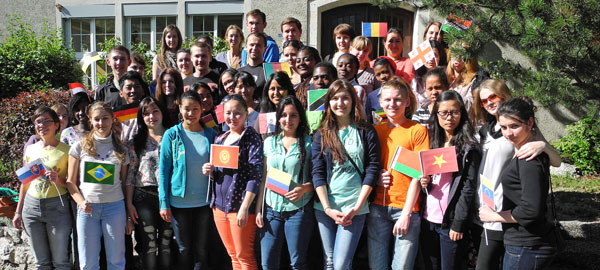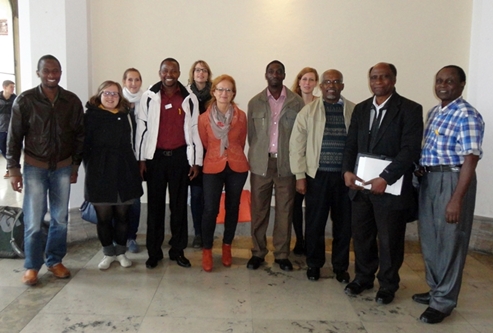241 Kindergartens and child care institutions were investigated by the Instituts für Arbeit und Qualifikation (IAQ) of the Uni Duisburg-Essen to find out what influences a child’s language competencies. According to the finding, the social environment influences the child’s ability to understand a language more than the origin of the child’s parents or the fact that a different language is spoken in the child’s home.
This finding goes ahead to through the ball back to the Kindergarten and child care teachers’ court, as it insists that they are intact the ones that have the ability to influence how well a child learns a language.
“A difficult social situation makes it harder to learn German than the origin of the child”, Sybille Stöbe-Blossey, the head of the “Education and Structural Change” research center at the IAQ said.
The study also found that children who had language deficits during their time at the Kindergarten couldn’t catch up. “Many Kitas found out that it was easier to get in touch and work with parents with a migration background than with parents from disadvantaged backgrounds who didn’t understand the weight of having language problems.
Most young people in Germany have huge problems with their spelling and grammatical rules. Some blame it on writing smses and the internet but could it instead be blamed on the schools?
The study couldn’t find a concrete solution to improve the language competencies of children but it was evident that some Kitas were much better than others.
The study found out that dedicated teachers at the Kitas made a huge difference in the abilities of the children in the Kita. Kitas were also encouraged to incorporate the language support (Sprachförderung) as part of the daily Kita program instead of having it as a separate program, they’d be able to improve the abilities of most children.
For anyone to succeed in any profession, they need to be able to communicate and they should start exercising as early as possible. As a society we will be missing the point if we reduce the whole problem to a “foreigners’ problem”. Children today have terrible language skills and this has to be improved.









